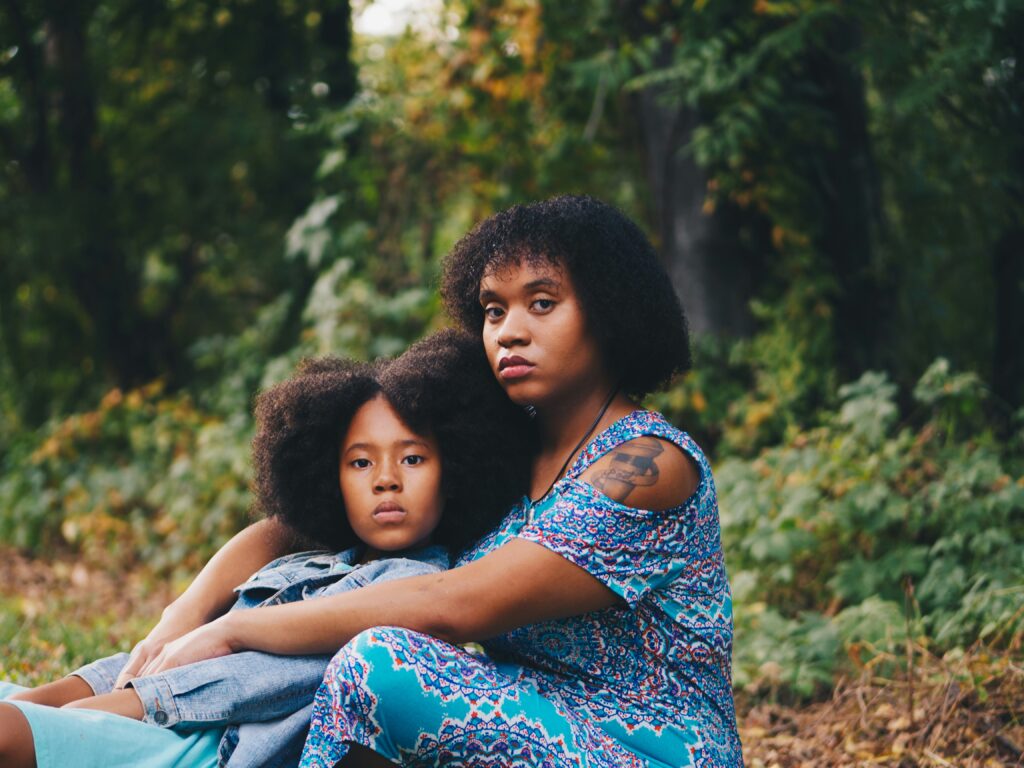
If you find yourself wrestling with the echoes of past relationships, ones that left deep imprints on your heart and mind, know that you’re not alone in your journey. Relational trauma occurs within the context of significant relationships, where there is a breach of trust, emotional safety, or consistent neglect or abuse. It’s the kind of trauma that can stem from experiences with family members, intimate partners, or close friends. These are relationships that should have been sources of love and support but instead became wellsprings of pain and betrayal. The aftermath? A lingering sense of Anxious Souls, a fear of vulnerability, and a struggle to connect with others in a meaningful way.
Embarking on a path of healing after experiencing relational trauma is both courageous and necessary. Here are steps that can guide you through your healing process, tailored to embrace your individual journey with empathy and understanding.
The first step towards healing is acknowledging that you have experienced relational trauma. It’s understanding that the feelings of Anxious Souls, distrust, or fear you may be grappling with are responses to real experiences of harm. This isn’t about assigning blame or dwelling on the past, but rather, recognizing the impact these experiences have had on your life. Acknowledgement is a powerful step; it’s an affirmation of your reality and a reclaiming of your truth.
Navigating the complexities of relational trauma often requires the guidance of a professional. Therapists, particularly those specializing in trauma, can offer a safe space to explore your experiences and emotions. They bring tools and strategies designed not just to address the symptoms of your anxiety but to delve into the root causes, facilitating deeper healing. Therapy can be a place of validation and understanding, where you’re met with compassion rather than judgment.

Relational trauma can shake the foundation of trust, not only in others but also in yourself. It can lead to questioning your judgment, your perceptions, and even your worth. Rebuilding trust in yourself is a pivotal step in your healing journey. This involves listening to your intuition, honouring your feelings, and acknowledging your needs. It’s about making choices that affirm your value and gradually regaining confidence in your ability to navigate relationships.
Setting boundaries is an act of self-care and self-respect. In the aftermath of relational trauma, learning to set and enforce healthy boundaries is essential. This might mean saying no to situations that feel unsafe, asking for what you need in relationships, or distancing yourself from people who disrespect your boundaries. Though challenging, setting boundaries is a powerful affirmation of your right to emotional safety and respect.
Healing from relational trauma is a journey marked by ups and downs. There will be moments of strength and moments of vulnerability. Cultivating self-compassion means treating yourself with the same kindness and understanding during both. It’s recognising that healing is not linear, that setbacks are not failures but part of the process. Self-compassion is your companion on this journey, offering gentle reminders that you are doing your best.

Isolation can be a common response to relational trauma, fuelled by fears of being hurt again. However, healing also lies in connection. Reconnecting with community, whether with trusted friends, support groups, or engaging in activities that bring you joy, can be incredibly healing. These connections remind you that you’re not alone, that there are people who can offer support, understanding, and companionship.
Relational trauma can leave you with a narrative filled with hurt, betrayal, and fear. Part of the healing process involves embracing new narratives about yourself and your relationships. This means recognising your resilience, your capacity for love and trust, and your worthiness of both. It’s a journey of rewriting the story, not by erasing the past, but by affirming that the past does not define your future.
Healing from relational trauma is a deeply personal and transformative journey. It requires patience, courage, and a commitment to moving towards a place of greater peace and self-understanding. Remember, healing doesn’t mean the trauma never existed. It means that the trauma no longer controls your life, your relationships, or your sense of self.
As you walk this path, know that it’s okay to seek help, to take things one step at a time, and to celebrate the small victories along the way. Your experiences of relational trauma are a part of your story, but they are not the entirety of it. You have the strength, the resilience, and the right to write new chapters filled with hope, connection, and healing.
4-minute read Have you ever found yourself lying awake at night, heart heavy with worry about your teenager’s safety during interactions with the police? It’s a question that lingers for many parents and caregivers, especially when history and statistics both
4-minute read I’ve spent a lot of time thinking about beauty—what it means, who gets to define it, and whether it’s really as inclusive as we like to think. And the more I look at it, the more I realize
4-minute read Let’s be honest—the Hidden Agenda Behind Beauty Ads is everywhere. They follow us on our phones, pop up in our social feeds, and even sneak their way into our subconscious when we least expect it. One minute you’re